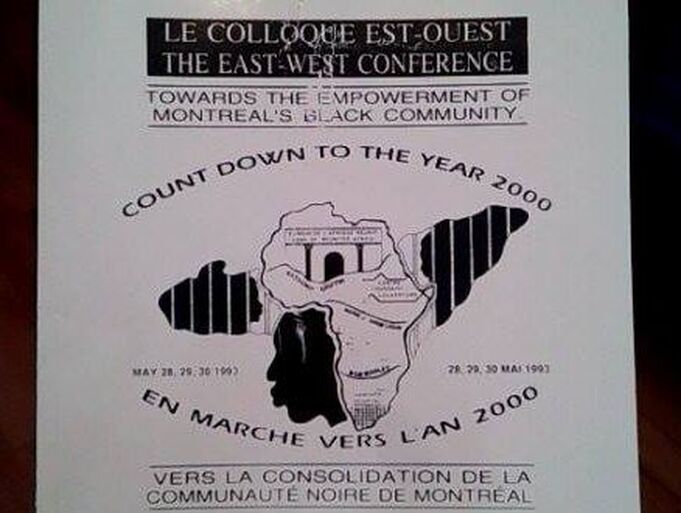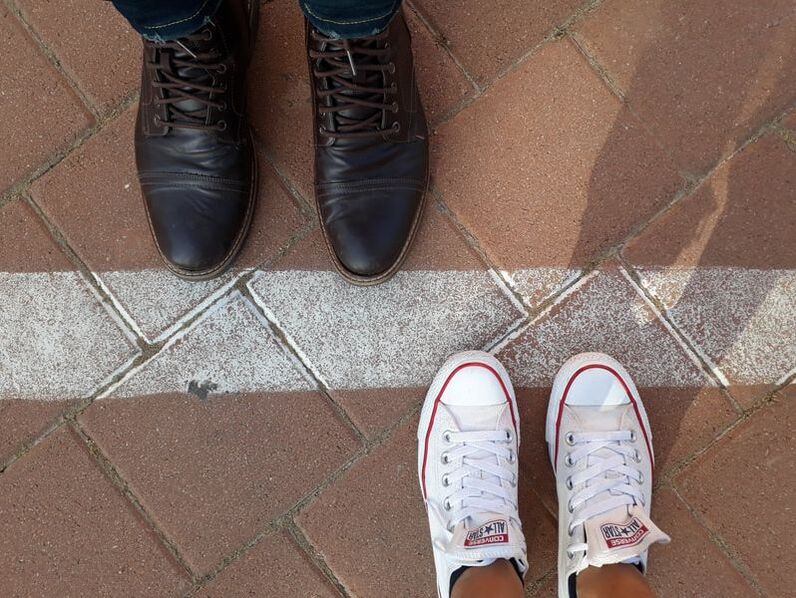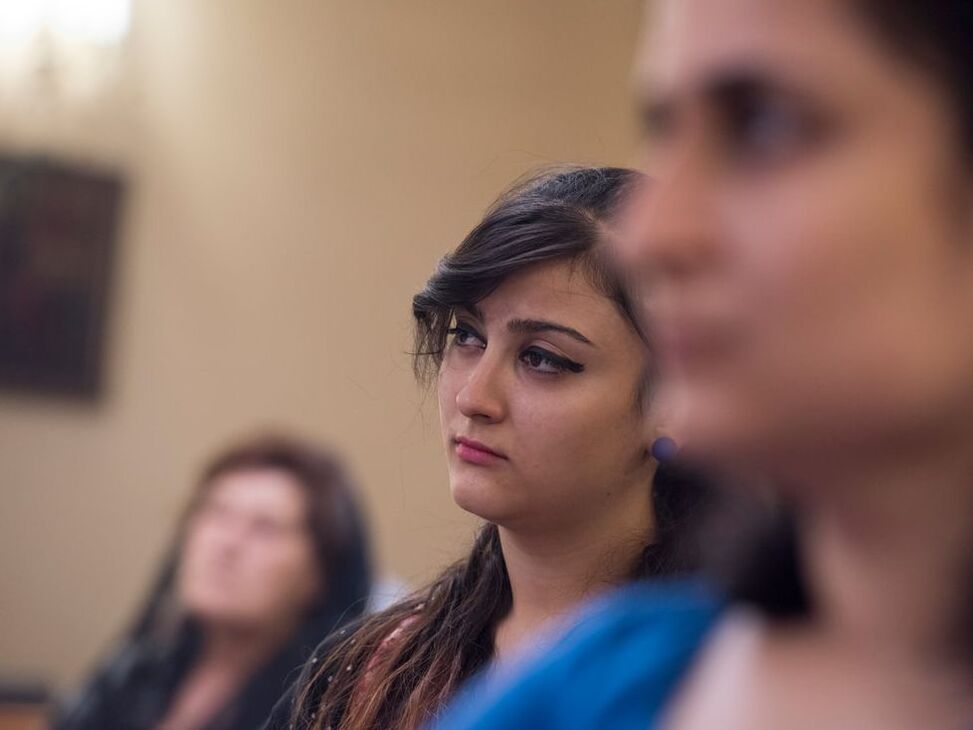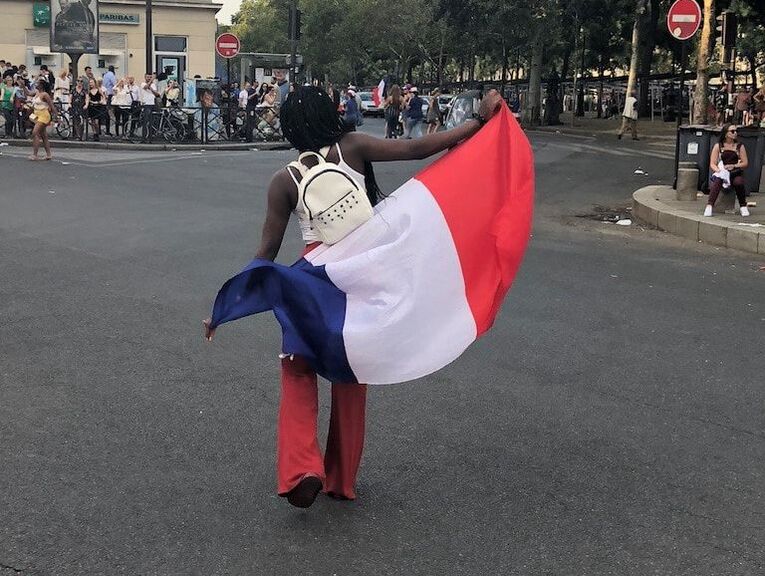|
|
|
While tourists know Montreal for its cafés, festivals and old-word European 'charm'*, locals also know its boundaries that divide the city into an Anglophone West and a Francophone East. Montreal’s Black community usually occupies space according to this prevailing language divide: Black Francophones on the East side, and Black Anglophones on the West side. This pattern has had implications for relationships among Black Montreal residents, as well as for their organisation and political possibilities. Indeed, after the rise of Quebec nationalism starting in the 1960s -- which made the French language 'the distinguishing characteristic of ethnic identity' (Thomson 1995) -- it has been somewhat challenging for Black people to organise as Black people, rather than linguistically-specific 'Anglo' and 'Franco' Black communities.
Adding to the rich literature on how space and place are inherently racially produced and lived, my Identities article, 'Black in the city: on the ruse of ethnicity and language in an antiblack landscape', helps to elucidate how the politics of language and ethnicity do not occlude the ways in which race and antiblackness configure the city.
0 Comments
How much should biology matter to our identities? When it comes to race and ethnicity, many people believe there are biological differences between groups. Actually, despite what many think, geneticists have proven that all humans are more than 99% genetically similar regardless of race. Even though these discoveries made in 2000 were widely reported in the news and in academic settings, most people (including academics!) continue to use assumptions that biology is relevant to determining who we are and to what groups we belong.
In today’s society, many people believe they are 'colourblind' and that we are 'post-race' — in other words, they think race shouldn’t matter anymore, that racism is a thing of the past, and that everyone has an equal chance at succeeding in society. Another part of 'colourblind' thinking is that we have changed the way we talk about race. Today it is far more common to use code words such as 'illegals', 'inner-city', or even to talk about culture as a stand-in for talking about racial groups.
By the 1980s a significant shift occurred in the ethnic composition of the Israeli middle class. This was the result of social and cultural changes in the Israeli society. The weakening of the Labour party, identified with European immigrants (Ashkenazim), and the rise of the right-wing Likud party, supported by Middle East and North Western Jews (Mizrahim), lowered ethnic boundaries in the labour market.
As I explore in my Identities article, ‘Invisible boundaries within the middle class and the construction of ethnic identity’, the transition from a centralised to a capitalist economy, together with the incorporation of Palestinians into the Israeli labour structure in 1967, released Mizrahi Jews from their low-status rank and enabled them to develop self-employed small businesses. A significant growth of local colleges throughout Israel in the 1990s enabled Mizrahi Jews who were not admitted to the universities to acquire higher education.
I am sitting in the office of a refugee support and advocacy organisation in north-England to interview a refugee about her experience. The focus of our conversation is not on why Faith fled her country or how the charity helped her integrate in the UK. Instead, we talk about how she started working as a caseworker for one of the main refugee third sector organisations. When Faith walks into the office, people might think she is a client waiting for an appointment. They might initially be surprised when she sits down on the other side of the desk as they fail to recognise her as the professional worker that she is.
Stories about refugees and employment tend to highlight the significant obstacles in accessing the labour market (Kone et al. 2019). Lack of recognition of qualifications and home country work experience, short-term interventions by job agencies and language barriers all contribute to unemployment and deskilling. Many professionals end up in manual jobs in factories, catering or care. Refugees are overrepresented in so-called ‘3D jobs’; those that are Dirty, Dangerous and Degrading. Or they find work in 'ethnic niches', segments of the labour market with an overrepresentation of certain ethnic groups, such as the taxi industry or Ethiopian and Afghan restaurants. In my Identities article, ‘A window of opportunity? Refugee staff’s employment in migrant support and advocacy organizations’, I present the findings of my research into a very distinct employment 'niche' for refugees: the niche constituted by organisations that have asylum seekers and refugees as their client group. Based on interviews with refugee staff in the UK, the Netherlands and Austria, I argue that the concept of 'ethnic niche' fails to capture the particularities of the employment opportunities offered by the refugee third sector.
When you see images of French daily life or French people in magazines, films, or other media, what do you see?
Usually, it’s white people, with perhaps a few visibly non-white people depicted. But this is odd for multiple reasons. One, France has a long history of immigration, primarily from its overseas territories and former colonies. Due to years of colonialism, colonial slavery, and subsequent migration, ethnic minorities, or 'visible minorities' in French academic parlance, have long been part of French society. Secondly, France does not acknowledge or measure race as a separate identity category. So while France is a multicultural society, it does not, as a facet of law, distinguish between these different cultures. One is either French or not. This is France’s Republican model. |
|
Explore Identities at tandfonline.com/GIDE |
|
The views and opinions expressed on The Identities Blog are solely those of the original blog post authors, and not of the journal, Taylor & Francis Group or the University of Glasgow.





